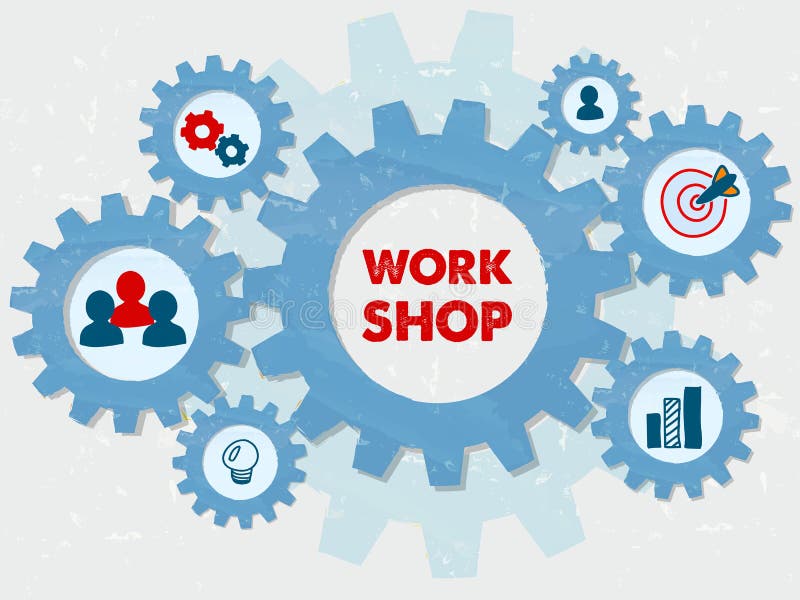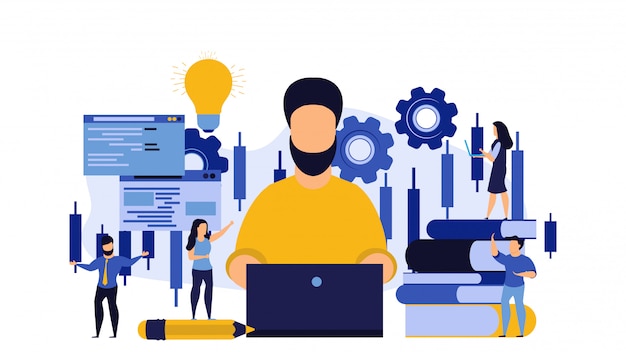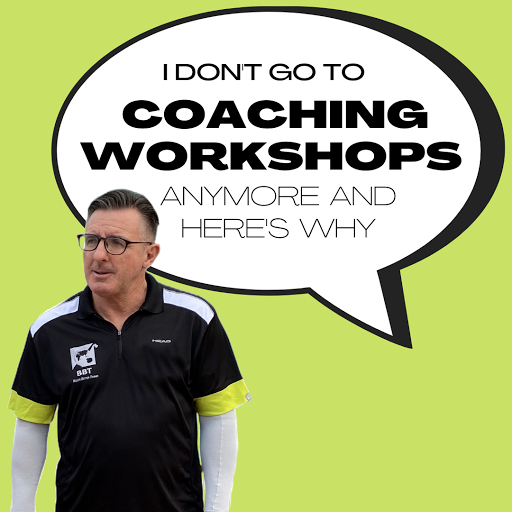I DON'T GO TO COACHING WORKSHOPS ANYMORE, AND HERE'S WHY
BECOME AN OUTLIER...
 |
I'm not a big fan of attending ITF coaches workshops anymore and here's why. Much of what is presented at these Workshops is standard stuff, and listening repeatedly to similar topics and similar points of view will, unfortunately, stifle your creativity.
Here's what I would suggest. Once you have attended several Workshops already, you should take yourself out of the workshop scene and begin to integrate your new ideas and methodologies from the workshops onto the court, with the long-term goal of developing some of your own philosophies for later.
It's important to understand that workshops in themselves are a tool, and that to get the full value from them, the ideas you pick-up at workshops need to be implemented and tested on-court over time.
At the beginning of my coaching career, I joined a tennis company that staffed resorts, hotels, and tennis clubs all around the world. After training with that company for a short time I was dispatched to my first site, to work alone, on the other side of the world.
At the time I often thought about my fellow trainee tennis professionals who were at multi-pro sites and the fact that they were able to work together in a team environment. I imagined that my fellow trainees were constantly picking up and learning so much more information than me from the more experienced pros they worked with
And this would have certainly been the case, at least in the beginning.
The danger is, however, that a certain amount of peer pressure would have been present at these multi-pro sites. I believe this pressure would have meant that my fellow trainees may not have developed the same ability to question the tennis status quo as me, nor develop unique ideas on their own for themselves.
Think of them arriving at a new site where they are working side by side with more experienced tennis professionals and whom they look up to. That's a tough environment for a young pro to enter and suddenly begin breaking-down the existing norms.
It's like this in any mentoring scenario. It's great to learn from the more experienced people around you for a while but there comes a time when the disadvantages out-weight the benefits. You've got to develop your own ideas and methods of doing things. That is how you develop your coaching, and by having more coaches re-inventing themselves and constantly thinking outside the box like you, it's also how tennis develops and improves into the future.
So don't get too caught up in the ITF Workshop culture. By all means, use it to start your development as a coach in the early days but understand that there will come a time when it will no longer serve a purpose to you.
IT'S MOSTLY REPETITIVE...
Many of the topics that you hear are repeated or are versions of similar topics you have listened to before. Often, speakers are rehashing the same themes and that's fine for those attendees who are new to coaching, but if you've been coaching and attending workshops for a few years already, it may be time to consider any further participation at workshops in the future.
One alternative to attending endless workshops that are repetitive, but still continue to develop your craft is to seek a more experienced coach in your area and simply ask questions on topics that you struggle with in your own coaching.
If you get the opportunity, join your Mentor on the court as much as possible and watch how they perform their lessons on a variety of topics. There is no quicker way to learn than to receive mentoring one on one from someone more experienced.
IF YOU DO ATTEND, WAIT FOR THAT SPEC OF GOLD...
In the last ITF Workshop I attended there were two things I heard during the 3-day workshop that I still use today.

Treat workshops like you are searching for gold at the bottom of your pan. You'll need to sift through the small stones, sand, and rocks until you find some gold.
I remember one of those two things I learned at my last workshop came just after lunch (otherwise known as the graveyard shift by the presenters, because all the attendees are like zombies after a heavy lunch). The speaker, presenting his topic outside on-court, said something absolutely profound. It was a game-changer of a statement, revolutionary, outside the box, and jaw-dropping. I reached for my pen to start writing, I had to get this on paper!
I jotted as much down in my notepad as I could, then looked around to get a sense of the excitement of the group... crickets!
Nearly all of the attendees had missed the gold at the bottom of the pan because of a heavy lunch, a soft breeze coming through the shaded trees, and probably some topic fatigue from the morning sessions. All these things had taken their toll on the energy levels of the attendees.
If you are attending coaching workshops and feel that you are not getting as much from them as you should be, try linking up with a more experienced coach, ask them questions on the topics being presented, and take notes during your chat.
You can do the same if you form a group during the workshop. The collective ideas and understanding within the group will far out-weigh what you can digest from the workshop individually
Therefore, you won't see me at ITF Workshops anymore. I still try to improve my craft every day but I have now found other ways to do that.
The most significant contributor(s) to my knowledge these days are the students I teach. All the varied technical, mental, and strategic problems I work with them on daily help to expand my coaching knowledge.
Which brings me to my notebook. Whenever I am teaching on-court, I am constantly taking notes. I have notes on what I want to do during the lesson (my lesson plan). I constantly write down ideas that come to me during lessons (random notes), along with notes on the best course of direction for this player(s) in our next lesson.
I take notes from the books I read and on anything relevant that I might be watching on television.
These notebooks have now accumulated such an array of information that they are now the source of all my social media posts, such as my blog and Instagram posts.
Note-taking will go a long way in helping you remember information from your lessons, and from the presentations at workshops. Become a diligent note-taker and put your increased date storage to use every day on the court. In this way, you will be constantly learning, retaining, and using that great information daily in n extremely practical way.





%20copy.png)

Comments
Post a Comment